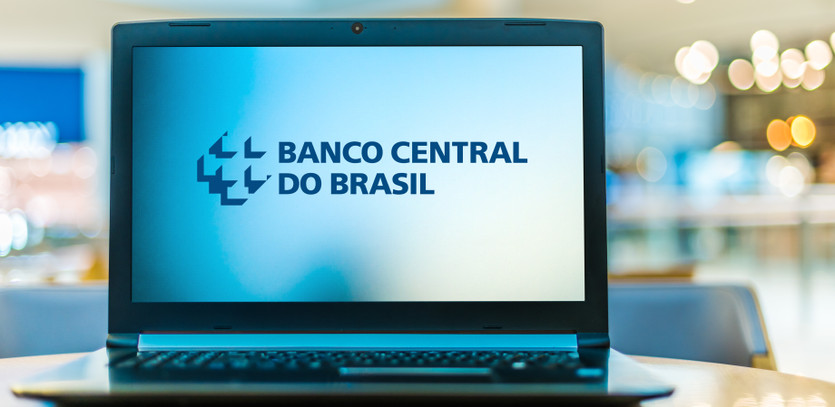Engagement of Central Bank with the New Administration
Roberto Campos Neto, the head of Brazil's central bank, expressed his satisfaction on Monday about the bank's demonstrated resilience and ability to uphold its independence amidst some hurdles brought on by the new government of President Luiz Inacio Lula da Silva, notwithstanding the "sounds" of conflict he said have emerged over the past year.
At a recent corporate function, he commended the central bank's ability to consistently make judgements guided by technical directives during the course of the new government’s tenure. This is the first time in history that a new governmental body had to cooperate with a central bank leader appointed by the former administration.
Autonomy Test Conquered
"There manifested some echoes from the inaugural big autonomy trial, however, I believe it was triumphed over," commented Campos Neto.
Left-wing leader Lula assumed the presidency in January, facing criticism regarding his approach towards monetary strategy and inflation objectives, which he characterized as too low and adverse for fiscal growth.
Nevertheless, his administration in June retained the inflation goal at 3% for 2024 onwards, a stance promoted by the central bank.
Easing Monetary Policies and Staff Conditions
The policymakers kicked off an easing phase in August after nearly a year of maintaining stable interest rates. Subsequently, the costs of borrowing considerably declined by 150 basis points to 12.25%.
Campos Neto, whose term concludes in December 2024, expressed disappointment at the central bank's failure to improve employee working standards. He admitted to employee disgruntlement over their remuneration and perks.
The Central Bank's Medium-Term Agenda
Additionally, he stated the central bank is working on a medium-term plan that encompasses achieving financial and bureaucratic independence for the organization.
In November, Senator Vanderlan Cardoso suggested a constitutional adjustment in this direction, defending the idea of enabling seigniorage - typically understood as profits earned from money minting - to serve as a funding source for the bank's operations; a method aligned with the procedures of numerous central banks globally.





